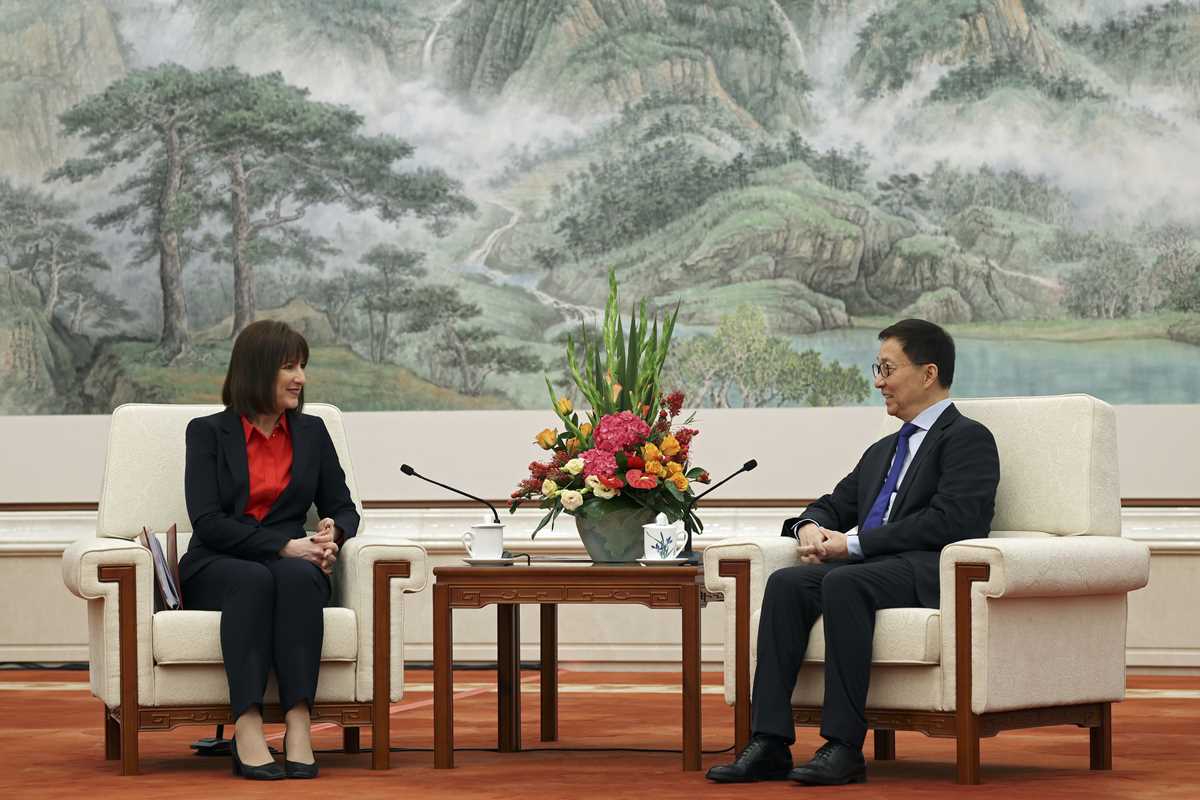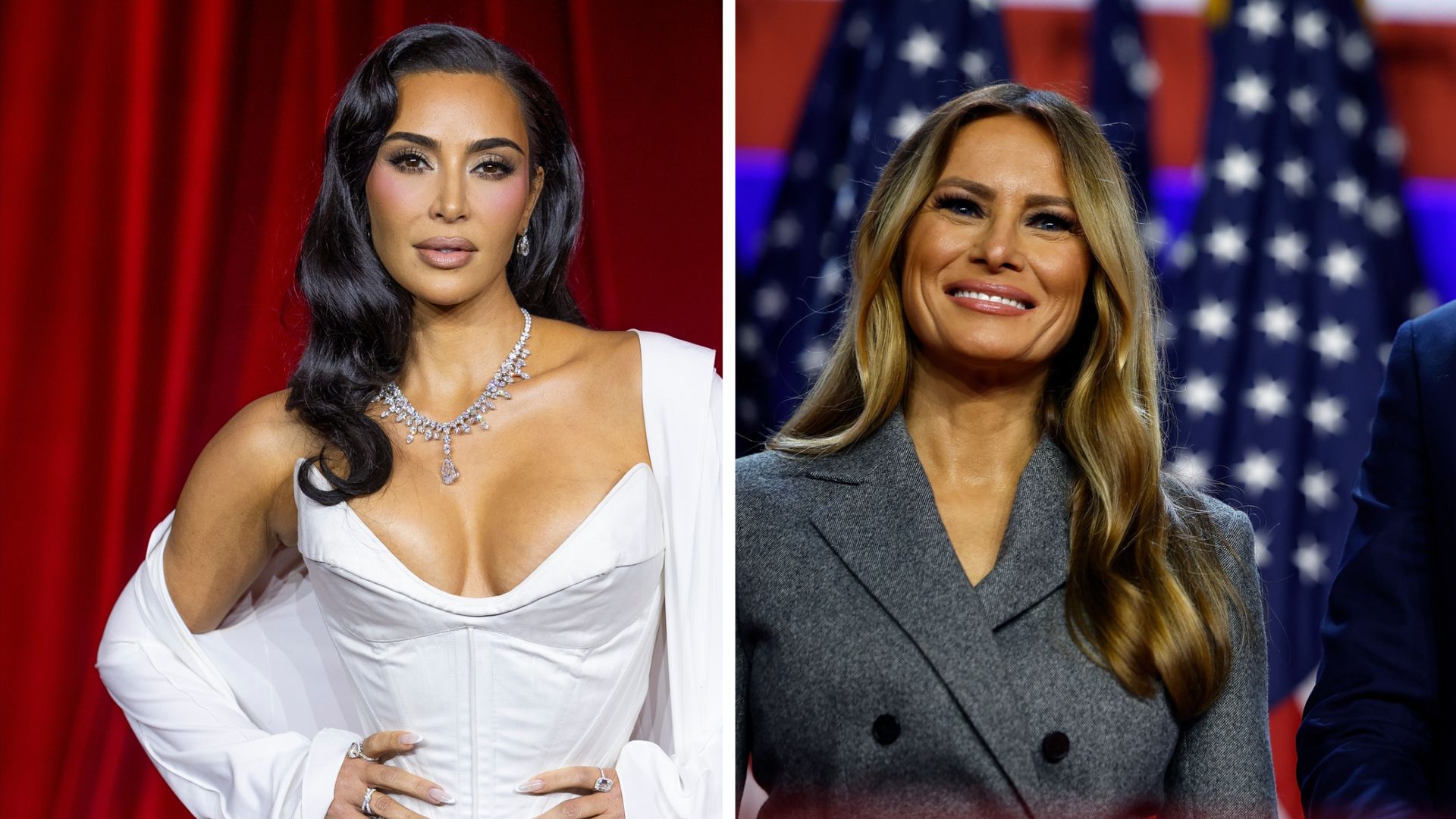UK-China Economic Recovery Talks Spark Debate
As UK's Rachel Reeves visits China, debates intensify around economic benefits versus human rights issues in rekindling financial and political relations.
Published January 12, 2025 - 00:01am

Image recovered from marketbeat.com
In a move marking a cautious thaw in diplomatic relations, the UK's Treasury Chief, Rachel Reeves, is scheduled to visit China. The visit aims to rekindle the China-U.K. Economic and Financial Dialogue—a series of bilateral talks halted since 2019—against the backdrop of a politically fragile landscape marked by espionage allegations and concerns over human rights. Reeves' visit signifies not just a re-engagement in economic dialogue but a determined stride towards reestablishing political rapport with Beijing, signaling a shift in the UK's foreign policy strategy under the Labour government.
The reinstatement of economic discussions comes amidst criticism from various quarters back in the UK. Former Hong Kong governor, Chris Patten, has labeled the visit a potential waste, arguing that even the most obsequious engagements with China would not offer salvation for Britain's faltering economy. His comments underscore a broader disquiet over potential compromises on human rights, with detractors urging Reeves to confront Beijing about civil liberties, especially in light of increasing economic interdependence.
The delegation accompanying Reeves includes key financial figures such as Bank of England Governor Andrew Bailey, reflecting an effort to cement ties in the world of finance. These talks are expected to focus on vital economic sectors including sustainable finance, market connectivity, and investment opportunities—areas deemed mutually beneficial in forging a long-term UK-China partnership. The British delegation also aims to engage with Beijing on global stability and climate change, areas identified as ripe for cooperation despite geopolitical tensions.
Yet, the visit has sparked fears of appeasement, with critics pointing to recent Chinese governmental actions deemed oppressive, such as the crackdown in Hong Kong and broader civil rights abuses. Dissenters, including international advocacy groups, are rallying for a firm stance on human rights, suggesting that economic rejuvenation should not eclipse ethical considerations. Proposed sanctions against Hong Kong officials and potential retraction of China's diplomatic privileges in London are amongst the measures these groups are advocating.
This diplomatic outreach reflects a broader narrative under Labour, contrasting with the previous Conservative government's harder line on China. Reeves, aligning with the pragmatic doctrine of the Starmer administration, assures that these talks will strategically balance competitive, cooperative, and challenging elements, particularly regarding security risks posed by China.
The dialogues echo a need to recalibrate relations with China, which, as the UK's fourth-largest trading partner, plays a crucial role in the nation's economic agenda. Besides trade, the Labour government seeks to leverage these engagements to stabilize turbulent domestic markets and address increasing public debt stress in the UK.
As Reeves continues her diplomatic mission in China, the convergence of economic imperatives with deeply rooted political concerns should be watched closely. The outcomes may set a precedent for how Western nations navigate complex foreign policy terrains where economic and ethical considerations often collide. The stakes are high, both for Reeves in securing tangible economic gains and for the Labour government in maintaining its pledges to uphold values-driven governance on the global stage.







)
